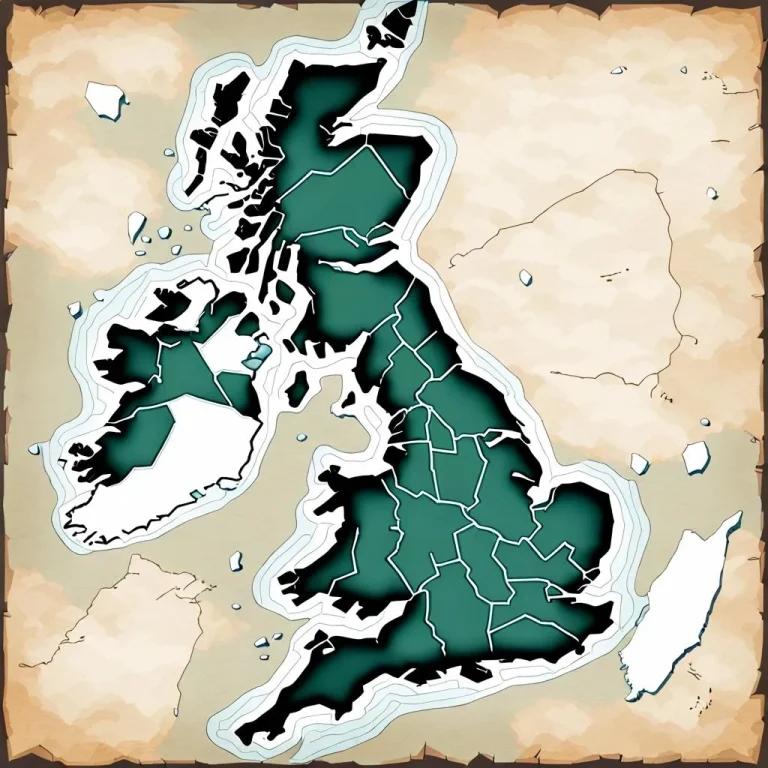
https://youtu.be/QH9zi37S2yw
We hear the words a lot these days, especially in political circles where they are often used interchangeably and in misleading senses, so we’d thought we’d take a look at the the two overlapping concepts of ethnicity and culture and try to iron out the differences, both terms are distinct from each other and have their own unique characteristics and by extension meanings.
Ethnicity refers to a group of people who share a common ancestry, heritage, or history, often including shared physical characteristics and a sense of identity and belonging. Ethnicity can be based on a variety of factors, including race, language, religion, geography, and traditions. Members of an ethnic group may also share a common culture, but not all cultural groups are necessarily ethnic groups.
Culture, on the other hand, refers to the shared beliefs, practices, values, and behaviours that characterize a group or society. Culture can be based on a variety of factors, including language, religion, geography, history, and traditions. A cultural group may or may not be an ethnic group, depending on whether or not its members share a common ancestry or heritage.
African Americans, Amish and Jews.
One way to understand the difference between ethnicity and culture is to consider the example of African Americans. African Americans are often considered an ethnic group, as they share a common ancestry and heritage that is distinct from other groups in the United States. However, African Americans also have their own distinct culture, including music, cuisine, and religious practices, which sets them apart from other ethnic groups in the United States.
Another example is the difference between the Amish and the Jewish people. The Amish are a cultural group, as they share a set of distinct beliefs, practices, and customs that are different from those of mainstream American society. However, the Amish are not considered an ethnic group, as they do not share a common ancestry or heritage. In contrast, Jewish people are considered an ethnic group, as they share a common ancestry and heritage, but they may also belong to different cultural groups depending on factors such as their country of origin, language, or religious beliefs.
It is also important to note that ethnicity and culture can be fluid and changing over time. As societies become more diverse and multicultural, individuals may identify with multiple ethnic groups and cultures. For example, a person who is of mixed racial heritage may identify with multiple ethnic groups and may also participate in different cultural practices and traditions.
The relationship between ethnicity and culture can also vary depending on the context. In some cases, ethnicity may be a more important factor in defining a group’s identity and culture. For example, in many African countries, ethnic groups are an important part of the social and political landscape, and a person’s ethnicity may play a significant role in their identity and social status. In other cases, cultural factors may be more important in defining a group’s identity and practices, regardless of their ethnicity.
In conclusion, ethnicity and culture are two closely related concepts that are distinct from each other. Ethnicity refers to a group of people who share a common ancestry, heritage, or history, often including shared physical characteristics and a sense of identity and belonging. Culture refers to the shared beliefs, practices, values, and behaviours that characterize a group or society. While there is overlap between the two, they are not interchangeable, and understanding the differences between them is important for understanding the diversity of human societies and the complexity of human identity.
To sum it all up!
Ethnicity is DNA, history and heritage whilst culture is the shared practices and values that make a society work. A multi-ethnic society is ok, but a multicultural one is doomed to conflicts and tensions that can be difficult to manage within the country as a whole, it’s not that some cultures are better than others when compared to the grand sweep of human history and experience, it’s just that some cultures have radically different ideas as to what constitutes a good life, leaving us to judge the one that affords the most individual liberty and freedoms for all to be superior to those that do not for the simple reason that nobody wants to live under tyranny, everyone loves freedom, making it a universal value.

